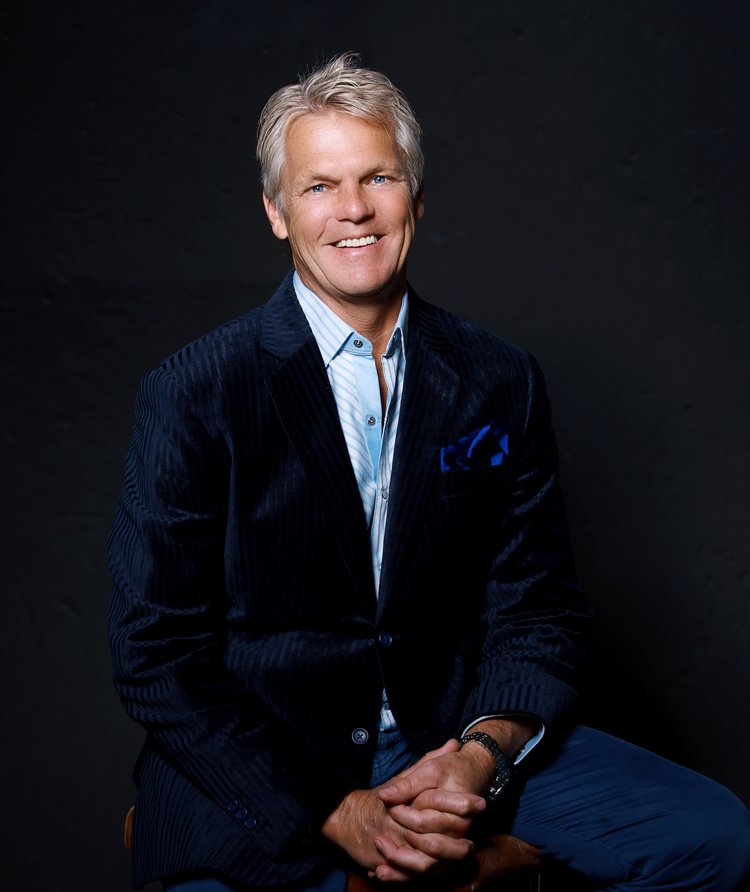Working on Ourselves Together by Dave LaRue
 It’s the beginning of a new year. This is the one time each year where everyone seems to feel comfortable discussing their goals. Toward the end of the year and into January there’s a suspension of the usual rules of polite conversation. Personal development seems like an appropriate and welcome topic even with people you’ve just met. It's our go-to small talk for one shining mini-season.
It’s the beginning of a new year. This is the one time each year where everyone seems to feel comfortable discussing their goals. Toward the end of the year and into January there’s a suspension of the usual rules of polite conversation. Personal development seems like an appropriate and welcome topic even with people you’ve just met. It's our go-to small talk for one shining mini-season.
For those of us who work on ourselves all year, this can feel like a magic time where suddenly one of our favorite topics is no longer niche or private. For those of us who belong to groups like The Comma Club, we have seen firsthand the benefit of sharing and hearing others share notes and reflections on setting goals, making changes, and building new habits. I don’t think I’m the only one who thinks it’s too bad that this stuff is a welcome topic for general conversation less than 4 weeks out of every 52.
But it makes sense. I found it interesting to think about why that might be and what happens as a result. This reflection also reinforced why I’m a believer in investing in your growth and development with membership in like-minded groups.
Before I was a coach, I wanted to be around people who talked about growth and development, so I sought them out. It was one of the best instincts I’ve ever had. We’re wired for community. A deep part of us responds instinctually when we choose to stand in the mutual gaze and accountability of others we respect.
Because we're wired for this connection, in its absence working on yourself can become lonely and self-absorbed if we aren’t careful. "Wanting to improve” can boil down to “hating how things are,” which can trigger off a spiral of shame and alienation that gets you nowhere but deep inside your head, armored with rants and dismissive reactions to what comes from the outside. It's better to build some daylight, fresh air, and camaraderie to your development structure.
So, groups are immensely powerful for working on yourself but it’s not really polite conversation. We know this, but let’s talk about it functionally so we can see what it is we need—and what we get—from others when we work on ourselves with the support of a group.
First, discussing what we want and need can feel vulnerable. It’s just one of those things we keep private or discuss only with people who we know and who know us well. If you have trust issues, you won’t take this tactical risk. Even if you don’t have those issues, there’s just basic impression management at stake; we don’t like to give confusing information to people—we want to know how we’re likely to be seen as a result of what we say and do. Unless we know we’re talking to someone who can relate to our situation, we may find ourselves guarded. And this may be wise. Although they may develop, we don't need to have intimate relationships to feel comfortable discussing our development in a group that exists for that purpose. The trust is implicit in the shared purpose and reinforced as it is maintained.
Second, unless we are already committed to a change, sharing our wants, needs, and plans with others represents too much accountability for something we subconsciously want to back out on. If you tell a coworker you see every week about a plan, they will probably follow up on it. If you don’t want to have to speak to your follow-through, keeping your plan a secret is the only course of action. And some self-work involves giving yourself plenty of time and patience that someone who doesn’t care about you can’t be expected to provide.
Unless we have a chosen circle of people we elect to serve as our community for both accountability and support, we might reasonably decide we have no one else to share our development with. As discussed above, that's not an ideal situation.
Third, sometimes what we know and feel has nothing to do with what we say when we try to explain it to others. The subjective just doesn’t condense well into words until the time is ripe and we are inspired. Even with an open heart and every intention to communicate honestly—which is basically a best-case scenario—we can find ourselves misunderstood when we share our early-and-mid-stage developmental thoughts and plans.
But, even After we’ve talked our foibles to death with our partners or spouses, our closest friends, our therapist… we still want to know that who we are makes sense to someone. When we commit to ongoing development, though we remain ourselves the whole time, to some degree we have committed to being a permanent work-in-progress, and that only makes sense to other works-in-progress. The alienation of success is assuaged only by connecting with others who can relate to what it takes to succeed—what it takes to overcome. And that means someone who understands what it’s like to be a work in progress.
There are more reasons than these, but these are enough to make it clear why it takes special circumstances for us to be open about our development. And even these three are enough to make it clear why we all benefit from a chosen community like The Comma Club, where everything that’s needed to support our development is always in place to draw on.
The habit of reflection is priceless, but sometimes we can get stuck in introspection when the decisions are complex, the emotions are conflicting, or our confidence is down. Having a community to run things by—or even just to be a part of—can help. Sometimes just repeating our thoughts in front of others brings new awareness of “how they sound.” New perspective turns walls into windows and windows into doors.
Being clear on your values so you can align your actions with them is the key to motivation, but sometimes we find ourselves unmotivated to do something we want—or at least thought we wanted—to do. Regular contact listening to others going through their discoveries can arm us with insights to catch when our complexes interfere with our intentions. When others say things that sound like our thoughts we can hear the wisdom—and the folly—in them. How many times has someone else’s story of dwelling in confusion and finding clarity triggered off an insight for you? How often has someone else’s confusion made you aware of your own?
So although it’s nice to hear everyone talk about their goals this time every year, it makes sense why it’s not year-round polite conversation (though I still wish it was!), and I’m glad to know that we have a community in place to help us all do what it takes for each of us to live the life we want.
Let me know if there's anything I can do.
Cheers and Happy New Year,
Dave









